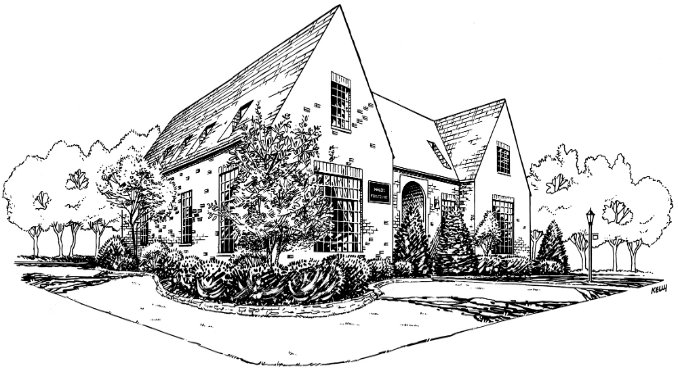When Death Occurs
No matter if a death is sudden, or if it something that was a long time coming, the loss of a loved one makes us feel emotional and overwhelmed. No amount of preparation can fully prepare you for the loss of a loved one. When you are in a heightened emotional state, even the most basic decisions can seem staggering. The following is a rough guideline of what needs to be done within the first 24 hours after death.
When death occurs at home or a place of business
If the deceased was not under hospice care, the police will have to be notified immediately. The police will be dispatched to the home and place the call to the coroner/medical examiner. From there the coroner/medical examiner will take over and determine whether further action is necessary. The coroner/medical examiner must release their custody of the deceased before a funeral home can do anything. If your love one was under hospice care, contact the hospice representative if they were not present and they will notify family members what the proper procedures they are to follow.
When a death occurs at a hospital/nursing home/hospice facility
The staff of a care facility such as a hospital, nursing home or hospice facility will notify you and the necessary authorities immediately after a death has occurred. If your selected funeral home has been provided to the nursing home or hospice facility, they will be notified at the time of death. However, many hospitals in our area will not notify the funeral home, leaving that responsibility to the family. If you are present when the funeral director arrives, they will ask a few questions about the deceased wishes and set up a time to come to the funeral home to make arrangements. If you are not present a funeral director will contact you by telephone to discuss these arrangements.
Informing a Funeral Director
Once everything has been cleared with the proper authorities, the next call you place should be to a licensed funeral director. Funeral directors are here to help you obtain a death certificate, transport the deceased, and in the event pre-planning was not done, select a casket/urn and arrange the funeral/memorial service. The funeral director will also help you notify the employer and insurance company of the deceased and to assist with those arrangements. Funeral directors are here to help and advise you and will work very hard to relieve the stress and logistics involved in funeral planning.
Meeting with a Funeral Director
Usually it is best to meet with a funeral director within 24 hours of a death to begin to make final arrangements for your loved one. Deciding on these final arrangements may seem like a very daunting task, especially when you are in heightened emotional state, but, funeral home staff have years of experience dealing with these issues, and strive to ensure everything goes as smoothly as possible.
Making Arrangements
First the Funeral Director will gather information required for the death certificate. You will need to provide the following information:
- Full Name and Address of the Deceased
- Marital Status and Name of Spouse
- Date of birth
- City and State of Birth or Foreign Country
- Social Security Number (including copy of Social Security Card)
- Veteran Status, including copy of discharge papers (DD 214)
- Father’s and Mother’s Name (including maiden name)
- Highest Level of Education
- Usual Occupation
The funeral director will also request items to be brought to the arrangements:
- Clothing for the Deceased, including undergarments (shoes are optional)
- Outfits also should be long sleeved and extend to base of neck.
- Jewelry, eyeglasses, dentures, religious items such as rosaries
- Recent photo (for hairdressing and obituary)
- Additional family photos to be displayed at the visitation
- Names of Relatives, including their spouses, to be included in an obituary
- Lists of the deceased's club or civic group memberships, hobbies or special accomplishments or interests
- Life Insurance policies
- Cemetery lot information
Power of Attorney for Healthcare document, if applicable
If no pre-planning has been done, necessary arrangements need to be made for the funeral service. These include:
- Scheduling the location, date and time of the visitation and funeral service
- Preparing obituary notices for our website or newspapers
- Contacting the Church or Minister
- Choosing cremation or burial
- Scheduling the committal service and burial at the cemetery
- Selecting a casket, burial vault, cremation urn or keepsakes
- Selecting prayer cards/memorial folders and acknowledgement cards
- Arranging for the luncheon and flowers, if desired
- Scheduling transportation arrangements for the deceased, if necessary
A funeral director will guide you through all these steps, determining your wants, needs and desires as a foundation to create a memorable funeral for your loved one. From here the funeral services can be personalized. Is there an appropriate charity to honor your loved one's memory? Did they have a favorite sports team? What was their favorite type of music? What activity was your loved one best known for? Recalling fond memories assists with the grieving process and will help honor the life of your loved one.




